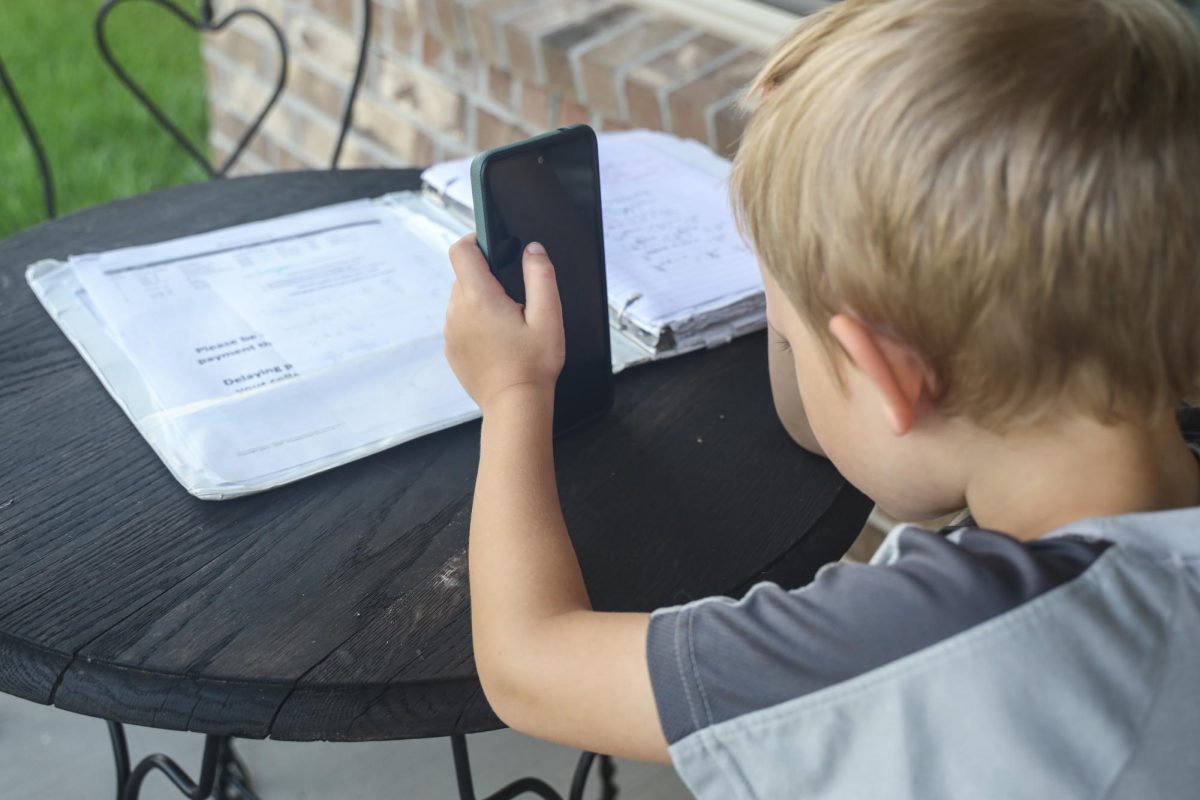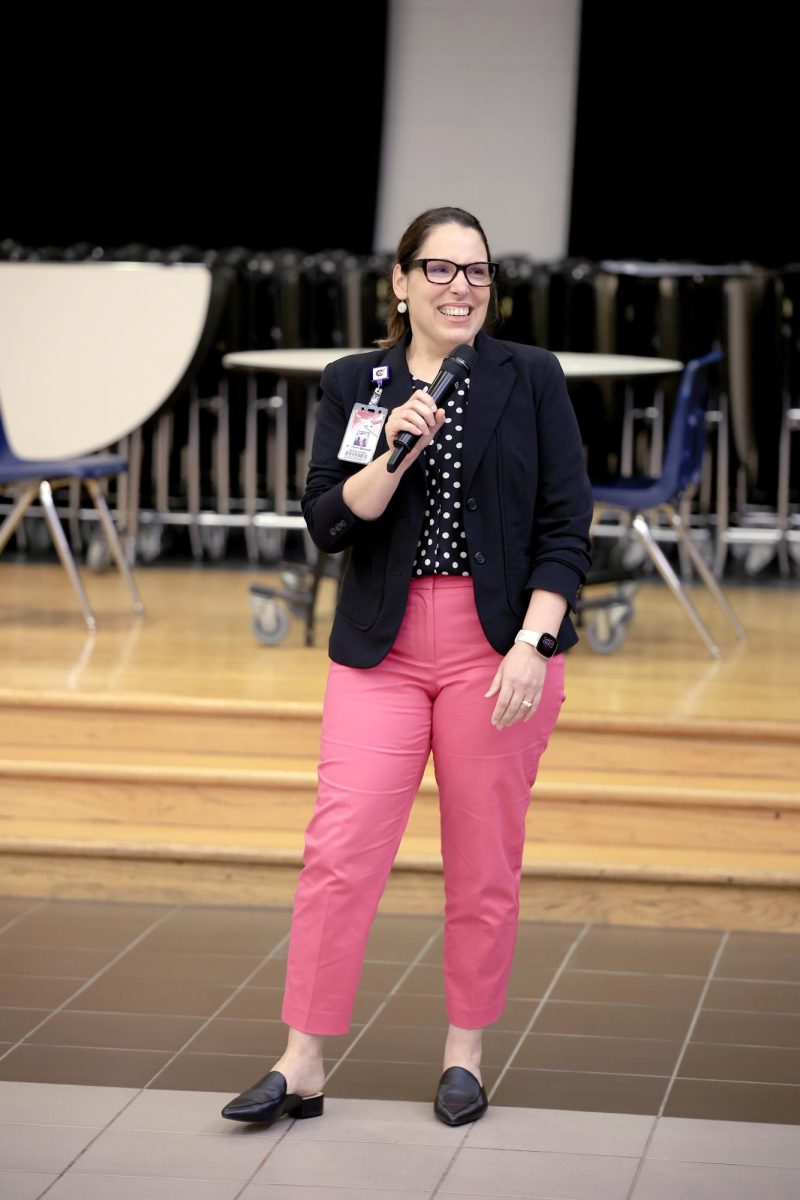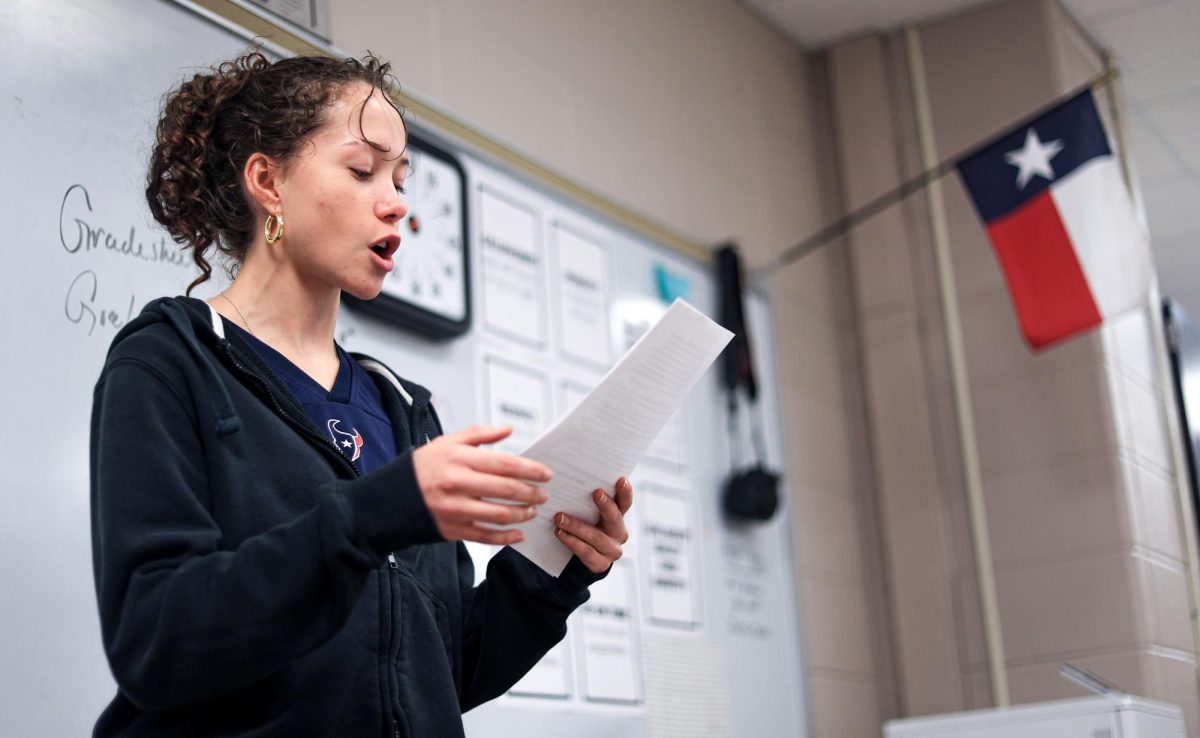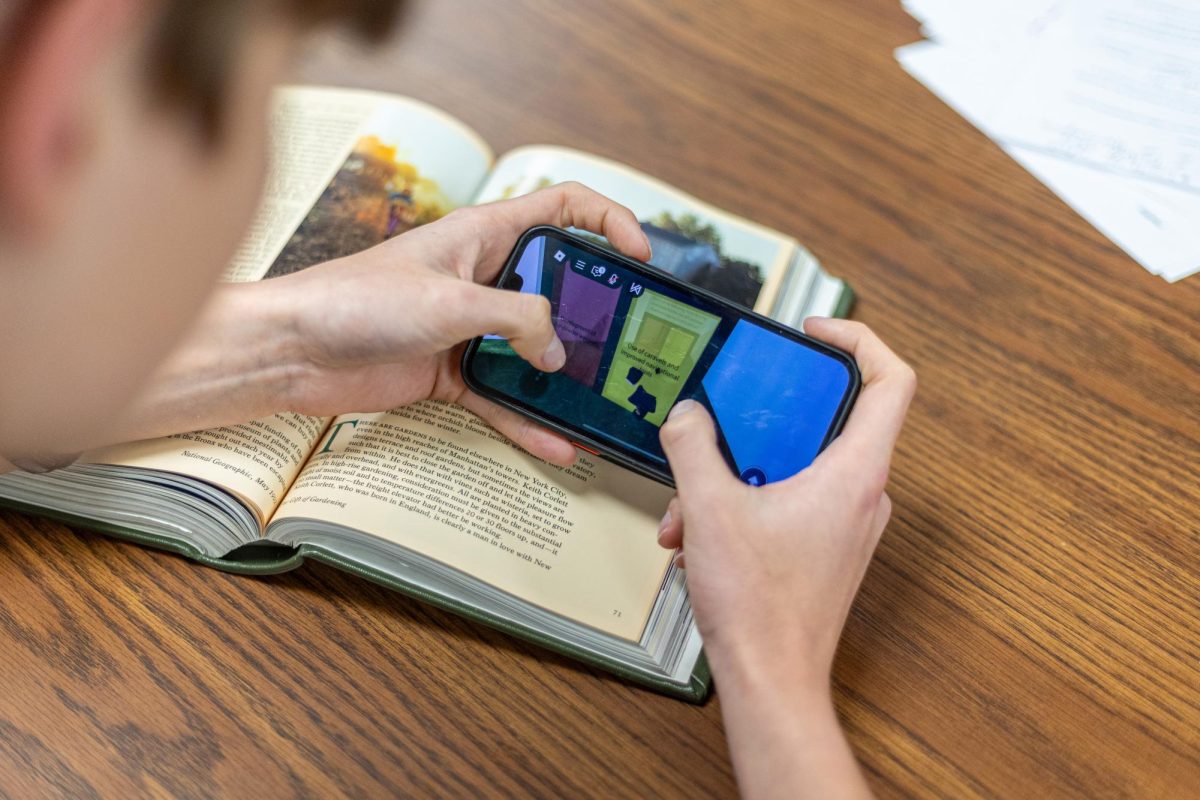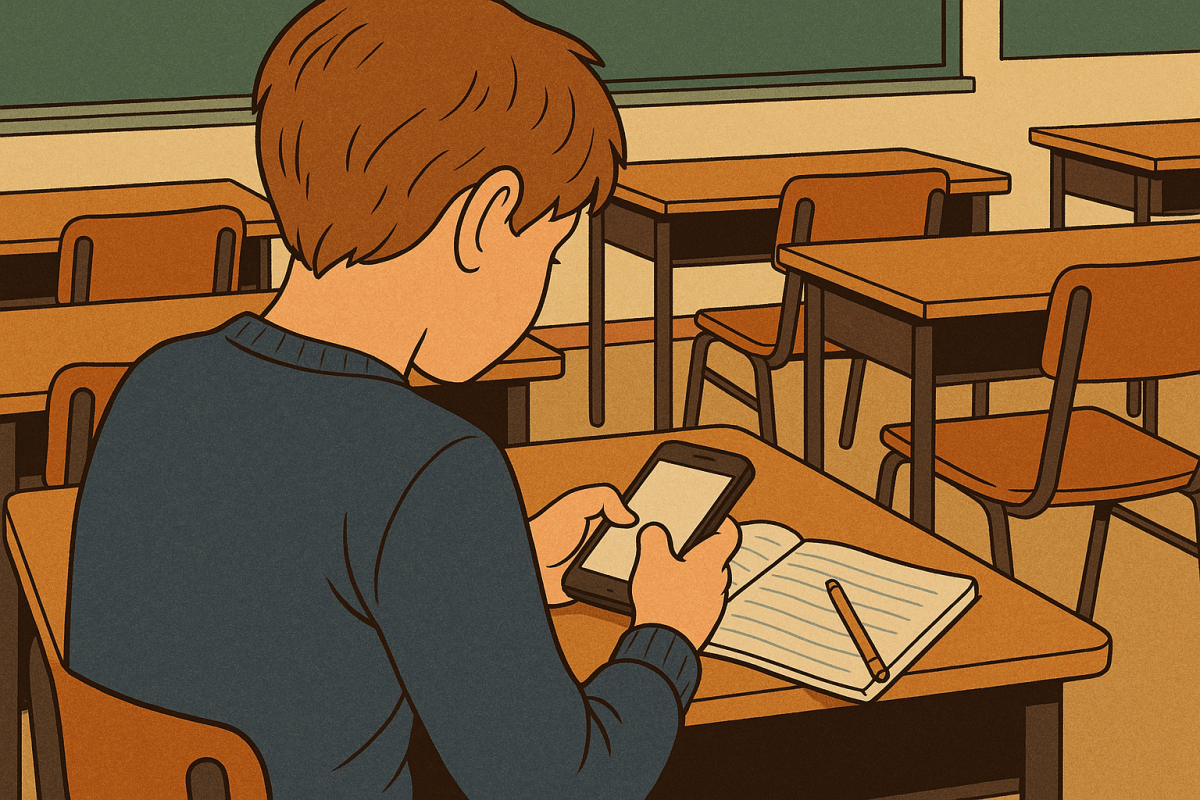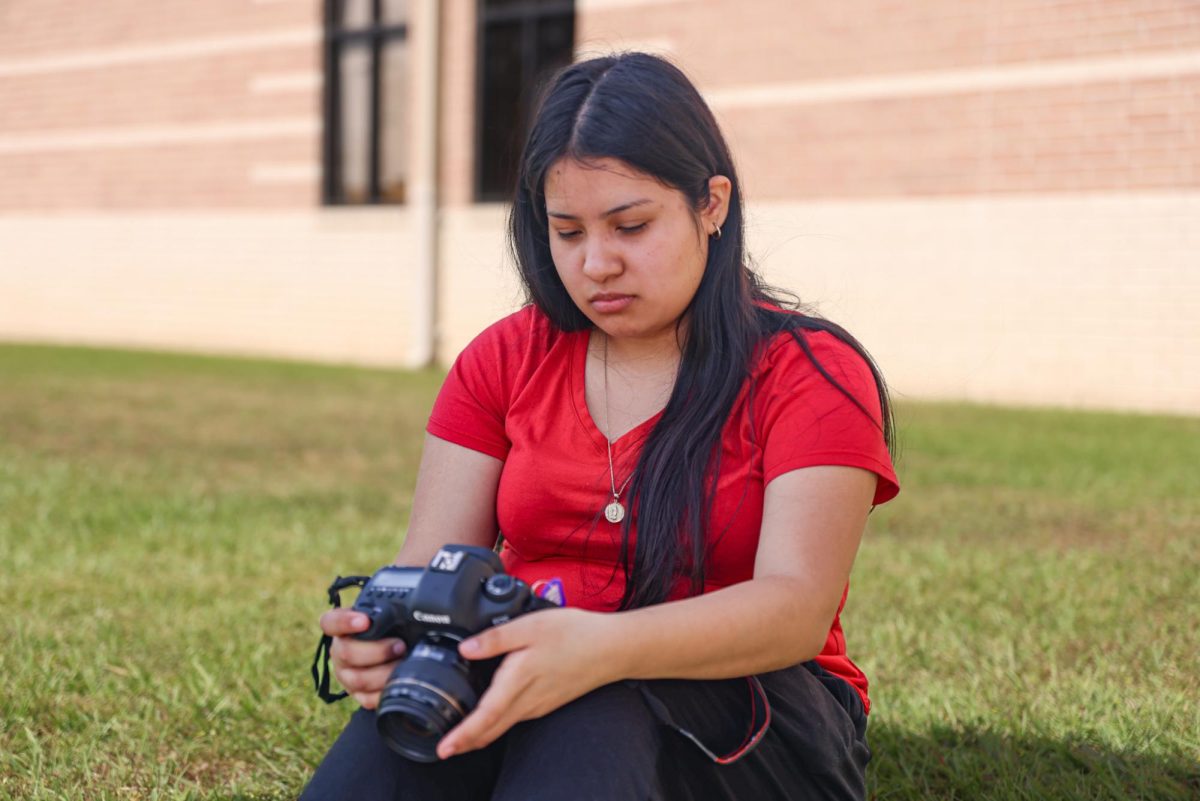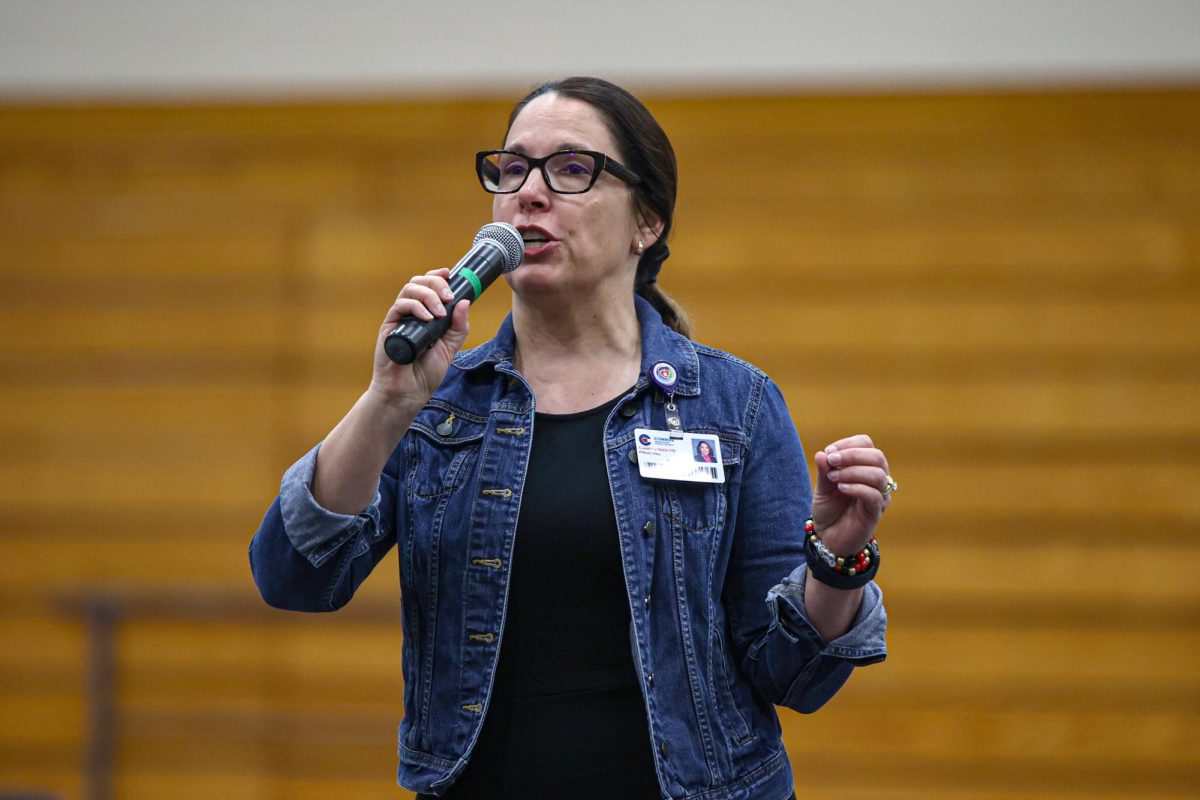Phone Policy (HB 1481)
All electronic devices including phones, earbuds, personal laptops and smartwatches are now banned during school hours across Texas under House Bill 1481 enrolled May 25. According to Principal Jeffrey Stichler, phones will be confiscated on first offense and held in principal offices until dismissal with enforcement beginning tomorrow.
“While it’ll be a very difficult adjustment for many,” Conroe ISD Board President Misty Odenweller said in the June 17 meeting. “I know it’s going to make an impact on mental health in our district for our students and educational outcomes as well, so I’m thankful.”
How it’s going to work at the Creek
While similar to last year’s policy which prohibited cellphone usage during class hours, HB 1481 extends the ban to all school hours including lunch and passing period. The bill allows districts to choose between a complete electronic ban or an out-of-sight policy with designated secure storage. Under updated Conroe ISD policy which allows schools to decide, Caney Creek selected the latter.
Confiscated electronics will be documented and stored in designated metal cabinets inside assistant principal offices. Those students will receive a yellow slip upon confiscation which will be required to present to office workers at dismissal to receive their devices.
In the case the student doesn’t pick up their device, office workers will hold it until the next day. This includes athletes or club members who may leave campus before school ends and return later in the day. According to the law and district policy, schools may dispose of devices following a 90-day notice to parents.
In the case of an emergency, students may request access to a counselor or AP office. Students with documented 504 or special education plans may be exempt from the policy.
What is House Bill 1481 and why was it signed?
Republican Rep. Caroline Fairly filed HB 1481 on Dec. 2, 2024 as her first bill in the 89th legislative session to update existing Texas Education Code 37.082. Sponsored by Texas Sen. Brandon Creighton (R-Conroe) the bill passed both the Senate and House on May 25 after which Gov. Greg Abbott signed it into law June 20.
“Experts have explained that smartphones and social media affect the mental health of children,” Abbott said during the ceremonial signing Aug. 1. “If we are going to be number one in education, it is going to require the undivided attention of our students in the classroom.”
Fairly, as a 26 year old and only the Gen Z member in the Texas house, filed the bill to address cellphones contributing to mental health crisis among youth specifically affecting attention spans and social development according to her joint Statement of Intent.
“I was impacted by devices in schools and am of a generation that wants to see a culture shift,” Fairly wrote March 24.
In her statement, Fairly cites a Q&A with Annette Anderson, the deputy director of the John Hopkins Center for Safe and Healthy Schools posted on the John Hopkins Hub as a source of her inspiration behind the bill.
“School administrators tell me they see the impact (of cellphones) every day,” Anderson said. “Our students are more anxious, more depressed, and less inclined to take risks in getting to know people they might not otherwise know.”
The article does not directly provide any statistics on the effects of devices, however a study by the Pew Research Center reported that 72% of high school teachers in the U.S. say cellphones are a major distraction in class and a separate by Study.com said that 78% of Texas educators report improved engagement following stricter cellphone policies.
“It is hard to focus when a cellphone is buzzing and beeping every 20 seconds. As an educator, I felt like I was in competition with cellphones. I had to try to be more engaging than TikTok or YouTube.” English Department Chair Christine Zimmer wrote, adding she enjoyed productive uses for cellphones such as Quizlet. “That being said, I am thrilled for the new bill. I think it will unlock a lot of potential in students who are particularly addicted to the phone.”
Bans are a growing trend, but is it effective?
Following a trend set by the Florida legislature in 2023, HB 1481 adds Texas to the growing list of state-wide cellphone bans in schools. As of June, 18 states have passed laws or executive orders banning cellphones in schools, four states have laws that limit cellphone usage, and 10 have pending legislation against phones according to AP News.
Researchers at the University of South Florida held a study in 2024 on 1,500 11-13 year old Floridians with and without personal cellphones following the 2023 ban. According to the survey, 17% of kids who attend schools that ban or confiscate phones report severe depression symptoms, compared with just 4% among kids who keep their phones during the school day. Additionally, students without cellphones show an improvement in average grades.
Researchers also surveyed effects on cyberbullying, specified as being called hurtful names or having lies or rumors spread on the internet, and reported an increase in cyberbullying for students at schools with more restrictions on cellphones. However, the authors acknowledged that schools already struggling with cyberbullying may have been more likely to ban cellphones.
“Overall our findings suggest that banning phones in schools may not be an easy fix for students’ mental health problems, poor academic performance or cyberbullying,” the authors wrote in a publication on The Conversation speaking on their survey. “That said, kids might benefit from phone-free schools in ways that we have not explored, like increased attention spans or reduced eyestrain.”
Beyond the U.S., the Netherlands also banned smartphones in schools in January 2024 and surveyed 317 secondary school leaders with 75% reporting student concentration increased.
“Less distraction, more attention to the lesson, and more social students,” Dutch State Secretary for Primary and Secondary Education Marielle Paul said in a Reuters article. “No more mobile phones in the classroom is having wonderful positive effects. It’s great that schools are putting their shoulders to the wheel on this.”






